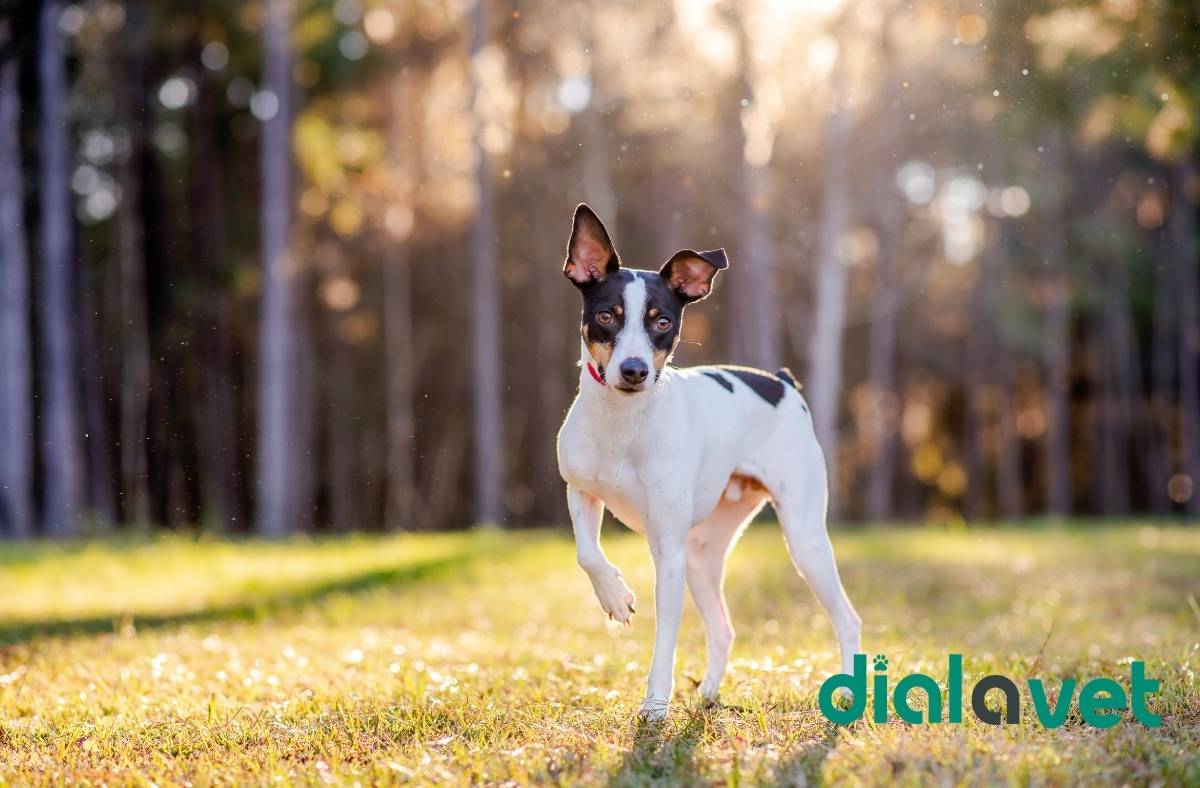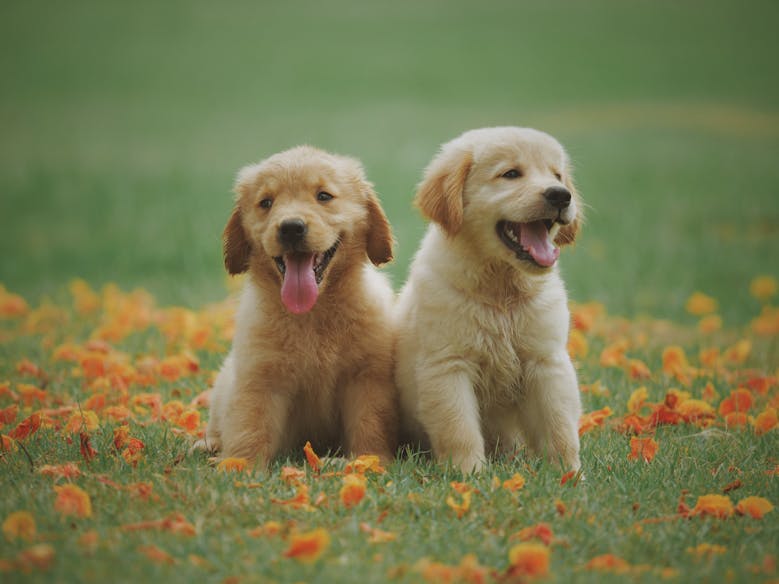Many cat owners wonder if sharing a small treat like gummy bears, especially popular Haribo ones, is safe for their feline friends. While it’s tempting to indulge your cat’s curiosity, gummy bears and their key ingredient, gelatin, pose risks that all pet parents need to know about. Let’s explore why gummy bears are not a good snack for cats, the dangers of gelatin, and what to do if your cat accidentally eats one.
🍬 Are Gummy Bears Safe for Cats?
Gummy bears might seem harmless at first glance. After all, they’re small, chewy, and sweet—nothing like traditional cat food, but seemingly non-toxic. However, just because something isn’t immediately poisonous doesn’t mean it’s safe. Gummy bears, including Haribo varieties, are full of ingredients that can upset your cat’s health.
Here’s what makes gummy bears unsafe for cats:
- High sugar content that cats can’t process
- Artificial flavors and colors that may irritate their digestive system
- Gelatin, which can be hard for cats to digest
- Potential xylitol (a sugar substitute) in sugar-free options, which is toxic to pets
Even a small amount of gummy bears can cause discomfort, and in some cases, serious health problems. Always keep them out of reach of your cat.
🧬 What Is Gelatin, and Why Is It a Risk for Cats?
Gelatin is the key ingredient that gives gummy bears their chewy texture. It’s made from animal collagen, which comes from boiling the bones, skin, and connective tissue of animals. While it might sound harmless, gelatin can pose risks for cats.
Here’s why gelatin can be problematic:
- Cats are obligate carnivores and require high-quality protein, not processed collagen
- Gelatin lacks essential nutrients that cats need for a balanced diet
- Some cats may have trouble digesting gelatin, leading to stomach upset
Although gelatin isn’t toxic on its own, its presence in sugary or artificially flavored foods like gummy bears makes it unsafe for cats.
😿 Symptoms to Watch for If Your Cat Eats Gummy Bears
If your cat manages to eat a gummy bear, they might show signs of discomfort or illness depending on how much they consumed and their sensitivity to the ingredients. Monitor your cat closely for these symptoms:
- Vomiting
- Diarrhea
- Lethargy or lack of interest in food
- Excessive drooling
- Signs of abdominal pain, such as hunching or reluctance to move
If your cat shows any of these symptoms or if you suspect they ate a sugar-free gummy containing xylitol, contact your vet immediately. Xylitol poisoning can cause severe reactions, including seizures and liver failure.
🐾 Why Cats Are Attracted to Gummy Bears
It might surprise you to see your cat sniffing around gummy bears, considering they lack a sweet tooth. Cats are actually unable to taste sweetness due to a genetic mutation, but they may still be curious about gummy bears for other reasons:
- The smell of gelatin or animal-based ingredients
- The chewy, bouncy texture that resembles a toy
- The colorful appearance catching their attention
While their curiosity is natural, it’s important to redirect your cat’s attention to safer, more appropriate treats.
✅ Safe Treat Alternatives for Cats
Instead of gummy bears, there are plenty of cat-friendly treats you can offer that are both safe and nutritious. Here are some options:
- Commercially available cat treats with high protein content
- Cooked, unseasoned chicken or fish
- Small pieces of cooked egg
- Freeze-dried meat snacks made specifically for cats
These alternatives not only satisfy your cat’s curiosity but also contribute to their overall health and well-being.
🩺 What to Do If Your Cat Eats Gummy Bears
If you catch your cat eating a gummy bear, here’s what you should do:
- Remove any remaining gummy bears from their reach
- Check the gummy bear packaging for harmful ingredients like xylitol
- Monitor your cat for symptoms of distress or illness
- Contact your vet for guidance, especially if you’re unsure about the ingredients
In most cases, a single gummy bear may only cause mild digestive upset, but it’s always better to be safe than sorry. A quick call to your vet can provide peace of mind and ensure your cat’s safety.
FAQs
Can cats eat sugar-free gummy bears?
No, sugar-free gummy bears are especially dangerous for cats because they may contain xylitol, a toxic ingredient that can cause severe health issues.
Are all types of gelatin bad for cats?
Gelatin itself isn’t toxic, but it’s not a necessary part of a cat’s diet and can cause digestive upset when consumed in processed foods like gummy bears.
What happens if my cat eats a large amount of gummy bears?
Eating a large quantity can lead to significant digestive upset, and if the gummy bears contain xylitol, it could result in life-threatening toxicity. Seek veterinary help immediately.
How can I prevent my cat from eating gummy bears?
Keep gummy bears and other human snacks stored securely out of reach. Cats are curious creatures, so ensure all food items are kept in cat-proof containers.
References
Book a $49 online vet consultation at https://www.dialavet.com for fast, expert advice.























